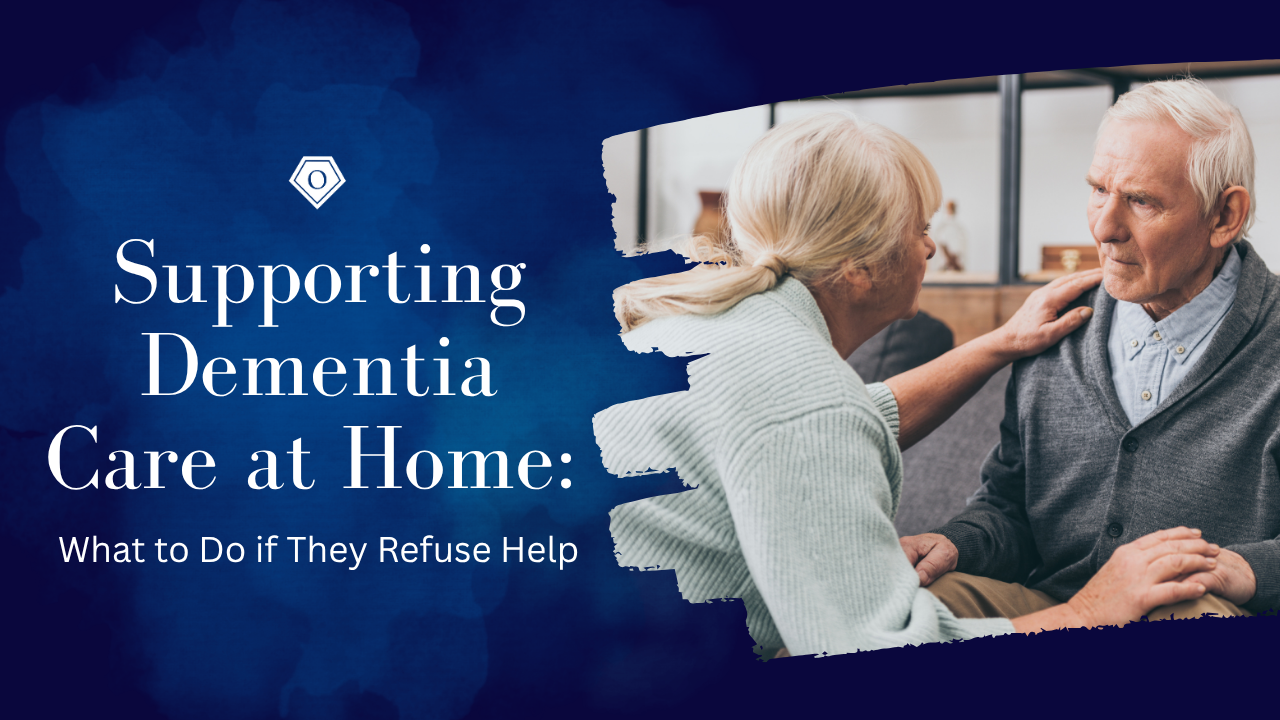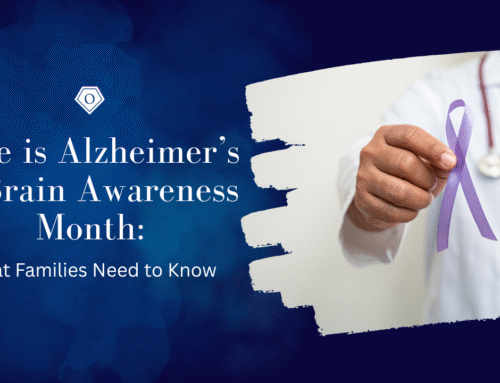When a loved one with dementia resists the help they need, it’s one of the most challenging situations for family caregivers—especially when you’re already stretched thin and need support yourself. Many families in Daytona Beach face this struggle, and it’s completely normal. Here’s how to navigate resistance to home health care with compassion and understanding—plus practical tips to help you both.
1. Acknowledge Their Fear or Confusion
For many seniors, the idea of someone new coming into the home can feel invasive or frightening—especially with dementia. Validate their feelings: “I know this is different and might feel uncomfortable, but they’re here to help us both.”
2. Use Practical Communication Phrases
Caregivers often feel stuck on what to say. Try gentle, reassuring statements like:
-
“I know this is new, but let’s give it a try together and see how it goes.”
-
“Having them here doesn’t mean I’m not taking care of you—it means we’re both getting the help we need.”
-
“They’re here to make things easier for both of us.”
3. Reframe Home Health Care as a Way to Help You Too
Sometimes, explaining that the home health aide is there to help you as the caregiver can make a difference. “Having them here means I can focus on other things while knowing you’re getting the best care possible.”
4. Introduce the Caregiver Gradually
Start slow. Let your loved one meet the home health aide in a casual, friendly way—perhaps sharing a cup of tea together before diving into care tasks. Familiarity builds trust. You can also begin with small, less intrusive tasks that feel comfortable, like medication reminders, light meal prep, or help with household chores. This way, your loved one can get used to having someone around without feeling like their independence is being taken away.
5. Highlight the Benefits
Explain that home health care allows them to stay in the comfort of their own home while still getting the help they need. “This way, you don’t have to move or change your routine—we’re just bringing a little extra help right here.”
6. Recognize the Signs That It’s Time for Extra Help
Sometimes families wait too long to bring in professional help, which can lead to caregiver burnout or even safety issues. Look for signs like:
-
Increased confusion or falls
-
Missed meals or medications
-
Wandering or getting lost
-
Aggression or emotional distress
-
Caregiver exhaustion, stress, or feeling overwhelmed
7. Remember: It’s Okay to Feel Overwhelmed
You’re doing your best. It’s normal to feel guilty or worried about bringing in outside help. Remind yourself that asking for support is a sign of strength—and an important way to keep both you and your loved one safe and healthy.
If you’re in Daytona Beach and your loved one is resisting home health care, know that you’re not alone. At Onyx Home Care, we specialize in dementia care and understand how to gently introduce support in a way that feels safe and respectful. We’re here to help both you and your loved one navigate this journey with compassion. Contact us today to learn more about how we can support your family.
Dementia & Alzheimer’s Care
Onyx Home Care’s neurological disorder care is built around a system of support. This service includes skilled home care as well as a unique program that centers on the patient’s interests and stage of illness. Our goal is to see happy family members, patients and caregivers. Often times, caregivers feel remote. Our team includes each person in the home care process to provide inclusive care that helps the patient thrive.






